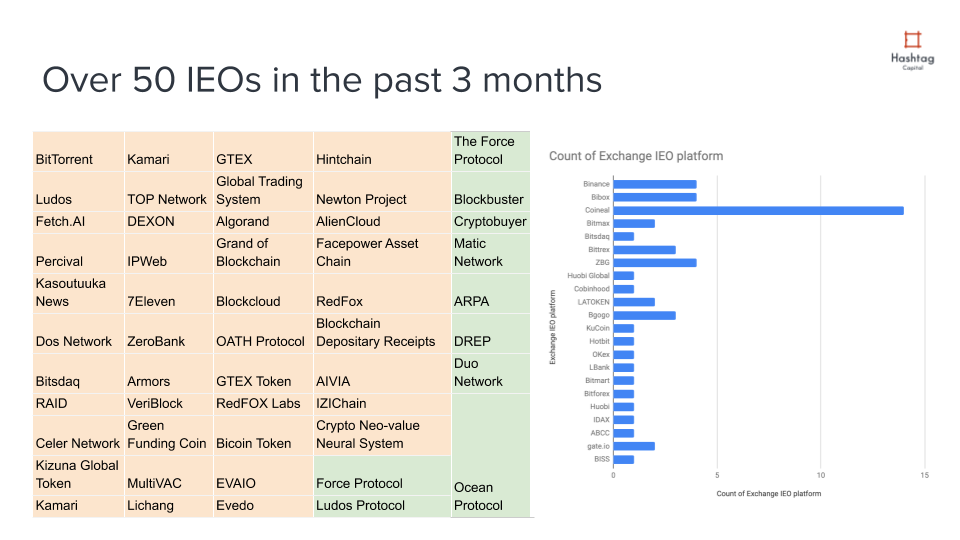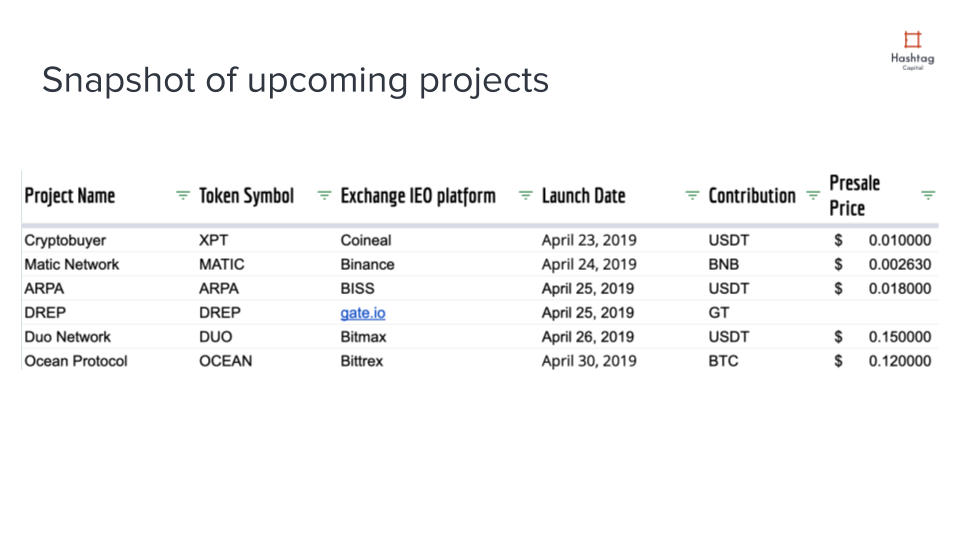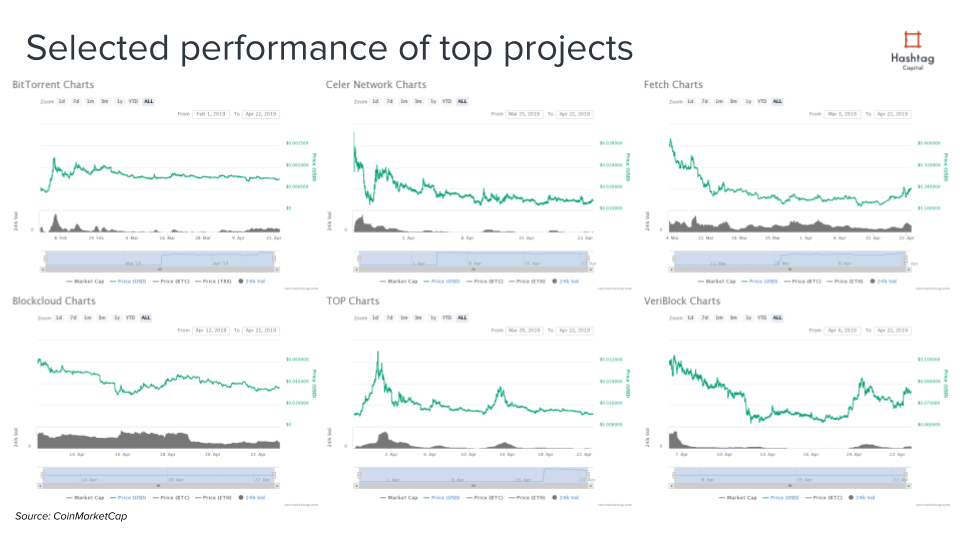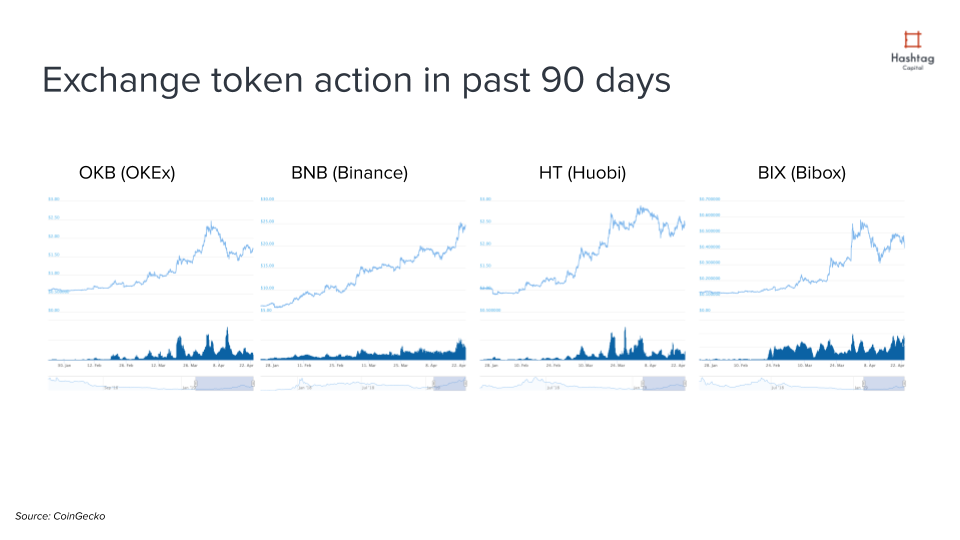Constant upheaval is never good for a harmonious environment

Keeping a hold on staff is one of the biggest problems businesses in Singapore face. Research across Asia last year revealed that 46 per cent of the country’s employees expected to leave their jobs within 12 months, the highest predicted turnover across the continent.
As demand for talent grows, the balance of power has changed from the employer to job-seekers in recent years. This means that investing in your workforce can give you a real advantage in developing and maintaining a successful business operation.
Constant upheaval is never good for a harmonious environment, which is why there is such a big global drive to improve employee engagement. Happy staff are more productive, and constant recruitment costs money. It’s a win-win for any organisation.
A recently released study of technology professionals revealed that 38 per cent of employees expected to leave their current job in the coming year, which is a costly and often unnecessary expense, especially for those businesses still in their infancy. Of those who were bracing themselves for a move, 43 per cent admitted they were dissatisfied with their career progression, and 42 per cent revealed they were unhappy with the training and development opportunities on offer to them.
Developing a strategy
When almost half of the employees leaving a job blame the progression options available to them, creating clear development pathways should become a critical part of your company’s strategy going forward.
Even if you have highly qualified members of staff, do you need further investment in their development?
The answer is yes.
Talented individuals will almost always be looking to improve themselves, and a company that encourages and facilitates this will be highly valued as an employer.
In an age where your company will have a greater digital footprint for potential candidates, the importance of a reputation for fostering personal development cannot be underestimated.
It’s important that this plan is focused. Make sure that your training is relevant to the job role, rather than a scattergun approach with day courses that offer little value to the employee. If you are in doubt, speak with departments specifically before committing funds towards training.
If it’s irrelevant to them and done for the sake of ticking a box, it could actually be counter-productive and you may end up with low morale due to the backlog of work created by being away from the office.
Getting better hires
With better personal development available, you can sell your training package to candidates during the hiring process. Make sure you present it as a benefit, as that’s what the best employees see it as. They want to better themselves, and supporting and funding their development will make you stand out.
Employers in Singapore are facing a struggle to attract high potential candidates to the country, as well as keeping that talent, so being able to demonstrate a clear commitment to staff training will help you buck this trend, rather than contributing towards it.
Ultimately, there are many factors that will affect your staff’s morale. Remuneration will always figure prominently, but as a start-up, your resources will be finite. You can’t necessarily compete with larger companies in terms of pay, so it’s important to think about how you can outmanoeuvre them.
Looking at employee reviews of companies online provides a fascinating insight into how a workforce value their own development path. Criticism is often levelled at larger companies about how poor their training is, and how little room there is for progression, so start-ups have a great opportunity to raise that bar and mark themselves out against bigger businesses in the war for the best talent.
Also Read: South Korean media company invests in streaming service iflix
Focusing on your employees’ training and allowing them to develop won’t just make them happier, but it’ll make them more productive, which makes them more valuable to you. Most importantly, though, when they know that you are willing to support them while they improve themselves, they’re also more likely to stay with you in the long term.
—
e27 publishes relevant guest contributions from the community. Share your honest opinions and expert knowledge by submitting your content here.
The post How start-ups can overcome Singapore’s poor retention rates appeared first on e27.














